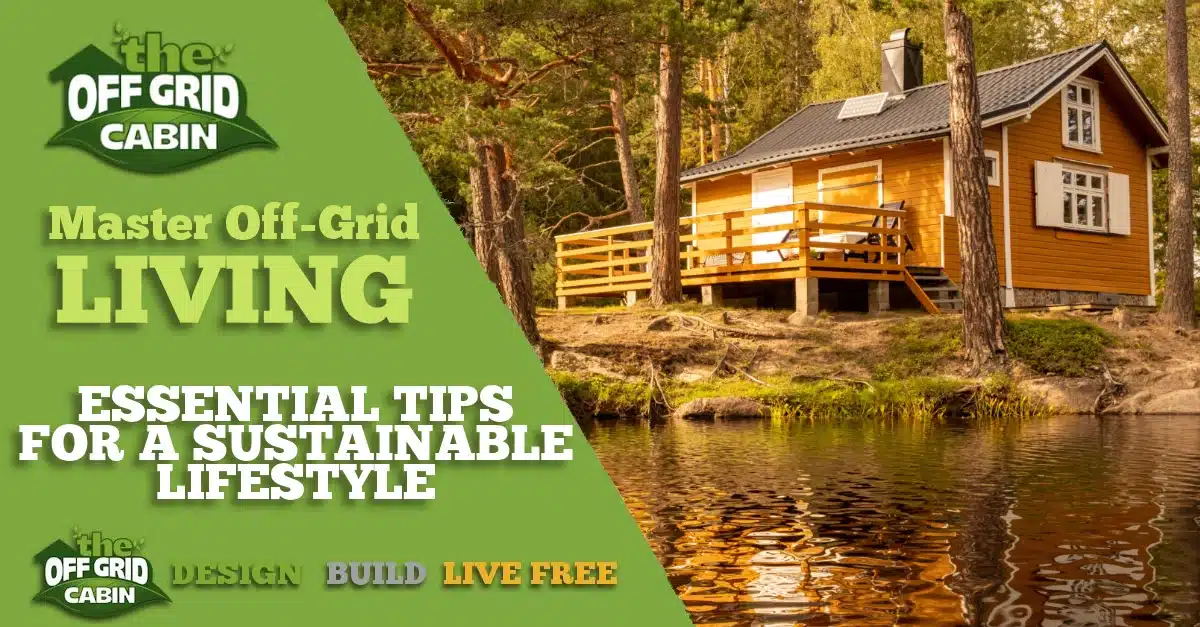No Grid Living Book explores the burgeoning movement towards self-sufficient, off-grid living. This comprehensive guide delves into the practicalities, challenges, and rewards of disconnecting from the traditional power grid, offering readers a roadmap to a more sustainable and independent lifestyle. The book caters to a diverse audience, from seasoned environmentalists to urban dwellers seeking a simpler existence, providing a wealth of information and inspiring case studies.
From detailed instructions on setting up off-grid power systems and water harvesting techniques to insightful discussions on the financial implications and community-building aspects of this lifestyle, No Grid Living Book equips readers with the knowledge and tools necessary to make informed decisions about embracing a life beyond the grid. The book’s unique selling proposition lies in its holistic approach, addressing not only the technical aspects but also the social, economic, and environmental considerations inherent in this transformative lifestyle choice.
Key Themes and Concepts Explored
This book delves into the practical realities and philosophical underpinnings of off-grid living, examining various approaches and their implications. It moves beyond romanticized notions to present a balanced perspective, acknowledging both the rewards and the significant challenges inherent in disconnecting from the conventional power grid. The text explores the multifaceted nature of self-sufficiency, encompassing energy production, water management, food cultivation, and waste disposal.
Practical Aspects of Off-Grid Living
The book provides detailed guidance on the technical aspects of establishing and maintaining an off-grid existence. This includes in-depth discussions on renewable energy systems, such as solar, wind, and hydro power, detailing their setup, maintenance, and limitations. It also covers water harvesting and purification techniques, suitable for various climates and water sources. Furthermore, the book explores various methods of food production, from traditional gardening and livestock rearing to more advanced techniques like aquaponics, emphasizing sustainable practices.
Waste management strategies, including composting and greywater recycling, are also thoroughly examined, showcasing practical solutions for minimizing environmental impact.
Environmental Impact Considerations, No grid living book
A significant portion of the book is dedicated to the environmental implications of off-grid living. It analyzes the carbon footprint of different off-grid systems, comparing them to grid-dependent lifestyles. The text highlights the potential for reducing greenhouse gas emissions through renewable energy sources and sustainable practices, but also acknowledges potential negative impacts, such as deforestation for fuel or land clearing for agriculture, if not carefully managed.
The book emphasizes the importance of responsible land stewardship and minimizing the ecological footprint of off-grid communities. Examples of successful sustainable off-grid communities, and case studies illustrating environmentally damaging practices, are provided to illustrate the spectrum of possibilities.
Comparison of Off-Grid Living Approaches
The book showcases a diverse range of off-grid lifestyles, from minimalist cabins powered by solar panels to more sophisticated self-sufficient homesteads incorporating advanced technologies. It compares and contrasts different approaches based on factors such as geographical location, climate, available resources, and personal preferences. For example, the book distinguishes between off-grid living in a remote wilderness area versus a more suburban setting with access to some limited grid services.
The advantages and disadvantages of each approach are carefully weighed, considering factors like initial investment costs, ongoing maintenance requirements, and overall level of self-reliance.
Challenges of No-Grid Living
The book doesn’t shy away from the significant challenges associated with off-grid living. Understanding these difficulties is crucial for realistic expectations and successful implementation.
- High Initial Investment Costs: Setting up a reliable off-grid system often requires substantial upfront investment in renewable energy equipment, water purification systems, and other essential infrastructure.
- Technical Expertise and Maintenance: Maintaining and repairing off-grid systems requires a certain level of technical expertise, and regular maintenance is essential to ensure reliable operation.
- Dependence on Weather Conditions: Renewable energy sources like solar and wind power are inherently dependent on weather conditions, which can lead to intermittent energy supply.
- Isolation and Limited Access to Services: Off-grid living often means increased isolation and reduced access to essential services, such as healthcare and emergency response.
- Resource Management and Sustainability: Careful planning and resource management are crucial to ensure long-term sustainability and avoid depleting local resources.
Social and Community Impacts: No Grid Living Book

Living off-grid presents a unique social landscape, diverging significantly from conventional community structures. The inherent self-sufficiency required often necessitates a re-evaluation of social interactions and reliance on established support networks. This shift can lead to both challenges and unexpected benefits, profoundly impacting individuals and the communities they form.The social aspects of off-grid living are multifaceted. While some individuals thrive in the solitude and independence, others find the lack of readily available social interaction isolating.
Integration with existing communities can be difficult, particularly when differing lifestyles and values clash. Off-grid dwellers may face misconceptions and prejudice from those unfamiliar with their chosen way of life, while simultaneously needing to navigate the logistical complexities of accessing essential services and resources.
Community Building in Off-Grid Contexts
The potential for strong community bonds is a significant draw for many choosing the off-grid lifestyle. Shared challenges, resourcefulness, and a commitment to sustainable living often foster a sense of camaraderie and mutual support. Off-grid communities can offer a unique level of social cohesion, built on cooperation and shared responsibility. This collaborative environment allows for skill-sharing, resource pooling, and the creation of resilient support systems.
Successful off-grid communities often demonstrate a high degree of social capital, where trust, reciprocity, and collective action are the norm.
Self-Sufficiency and Community Reliance: A Balanced Approach
The book emphasizes a nuanced perspective on self-sufficiency, recognizing that complete independence is often unrealistic and unsustainable. While individual preparedness and skill development are crucial, a thriving off-grid existence frequently relies on cooperation and interdependence within a community. This approach fosters resilience, reducing the burden on any single individual and promoting a sense of shared responsibility for the community’s well-being.
The ideal model involves a balance between individual self-reliance and collective support, where individuals contribute their unique skills and resources to the collective good.
Examples of Successful Off-Grid Communities
Several successful off-grid communities illustrate the potential of this balanced approach. For instance, the intentional community of Los Angeles Eco-Village demonstrates how collaborative design and resource management can create a sustainable and socially vibrant community. Their commitment to permaculture, renewable energy, and shared governance fosters a strong sense of community identity and resilience. Similarly, the eco-village of Auroville in India showcases a long-term commitment to sustainable living and community building, demonstrating the long-term viability of such endeavors.
These communities offer valuable case studies illustrating the benefits of a socially-conscious and collaboratively-managed off-grid lifestyle.
Ultimately, No Grid Living Book serves as a powerful testament to the resilience and ingenuity of the human spirit. It highlights the possibility of a life lived in harmony with nature, fostering self-reliance and community engagement. While acknowledging the challenges inherent in transitioning to an off-grid lifestyle, the book empowers readers with practical strategies, inspiring examples, and a renewed sense of possibility, leaving them well-equipped to navigate the path towards a more sustainable and fulfilling future.
The detailed case studies and practical guides provide a solid foundation for anyone considering this significant life change.
Explore the different advantages of is off grid living sustainable that can change the way you view this issue.


